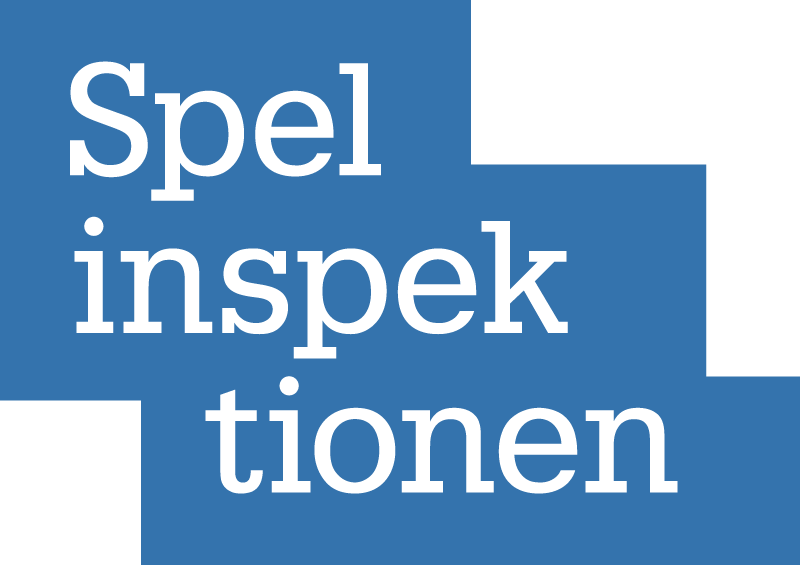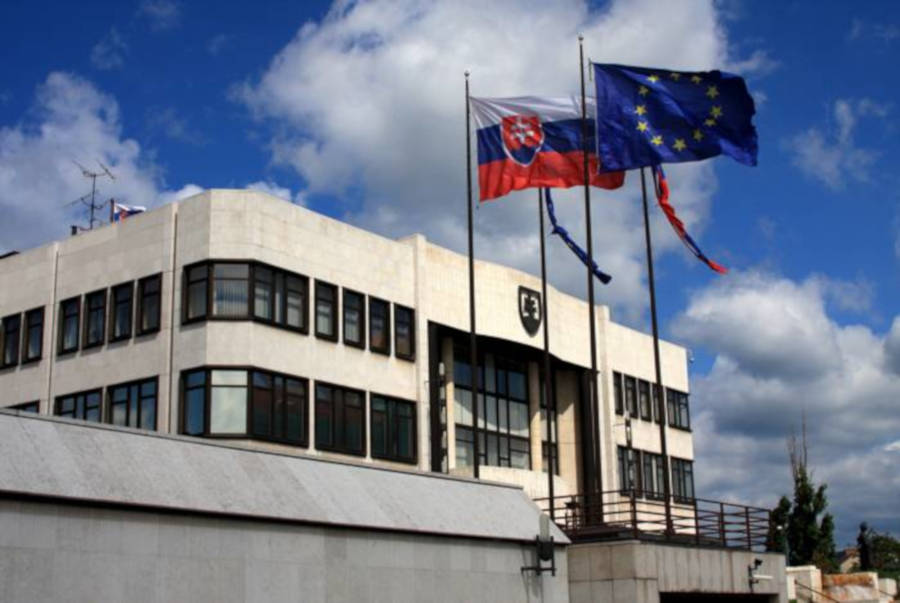- 14 operators formally present their offers
- Slots Machines SA fails to meet prerequisites
- Buenos Aires will serve as a litmus test of further gambling expansion
Buenos Aires continues to prepare its iGaming sector for a full-scale launch. Argentina may expand gambling across the country if a good working model is found out.
Buenos Aires Moves on with iGaming Licensing
Argentina is preparing to welcome iGaming companies in Buenos Aires, the capital. The process will cover 14 operators which are now looking to make an entry in the country and specifically in the city. Having mulled sports betting for a while, Argentina is now focusing on digital casino games, with the help of a number of established companies.
Originally, 15 companies were expected to join the registration process, but Slots Machines SA failed to show up any viable offer within the specified deadlines. All 14 remaining operators made a presentation hosted by the Provincial Institute of Lottery and Casinos (IPLyC).
Biyemas, a local operator, has decided to go it solo and not involve other operators, nor any international company. This can be seen as a drawback, as the current pool of participants are all teaming up with a number of companies that have years of experience under their belt.
The full list of local and international partnerships is long and it involves names, such as bet365, 888, and William Hill as some of the most recognizable casino operators in the world. Presently, the partnerships are as follows:
- Betway and King Bingo
- Betsson and Casino de Victoria
- Playtech and Hotel Casino Tandil
- William Hill and Argenbingo
More big operators are also part of the applicants list. All of them have teamed up with international operators to create a feasible economic model that would let local brands learn from the best and scale their offer as legislation becomes available.
Buenos Aires’ Long-Term Gaming Goals
Buenos Aires and Argentina have the ultimate goal of popularizing online wagering and casino gaming across the country. There has been a strong push from Buenos Aires Governor María Eugenia Vidal to introduce the activity in the first place.
To achieve this, however, a workable framework will have to be established in the country’s capital so as to replicate its success elsewhere.
This won’t be easy for a number of reasons, not least of which because of the arbitrary non-compliance of some operators. Even in a regulated market, such as the United Kingdom, the UK Gambling Commission, the nation’s regulator, has hit gaming operators with fines have hit over £19 million, pointing to serious shortcomings in the work of iGaming companies.
Argentina has no experience with regulating betting and this leaves the country vulnerable to abuse in the iGaming sector. Buenos Aires will be an important litmus test which must come with lessons for both the government and operators.










